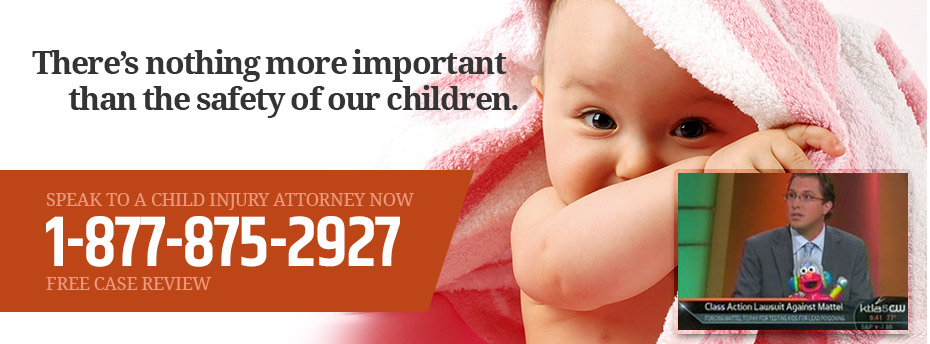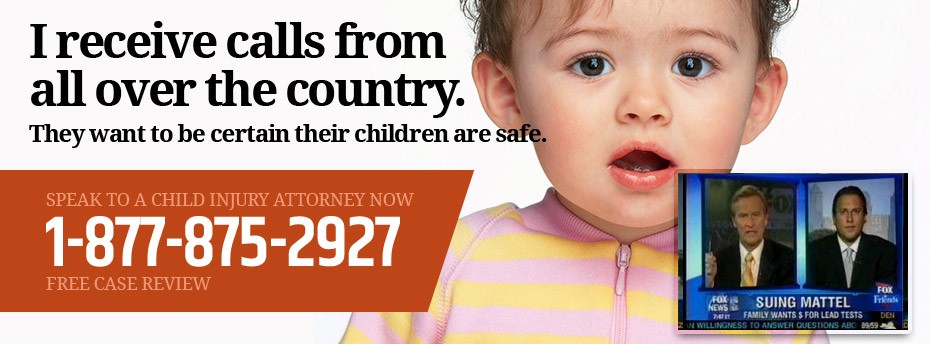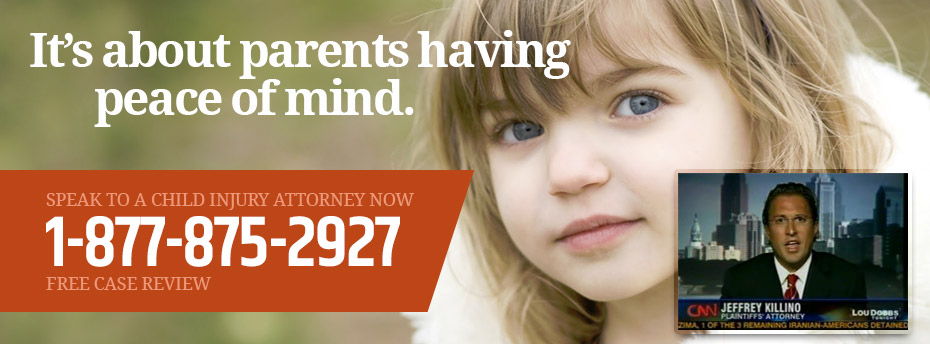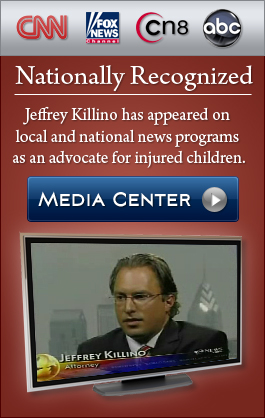Drowning is already one of the leading causes of accidental death among children.
Unfortunately, with a severe shortage of lifeguards leaving many of the nation’s pools and beaches unprotected this summer, even more kids are at risk for drowning and swimming-related accidents than ever before.
Our Childhood Drowning Injury Lawyers have extensive experience representing infants, toddlers, and kids injured and tragically killed due to another’s negligence, earning national recognition for their aggressive pursuit of justice on behalf of injured children and their families. If your son or daughter was a child drowning victim, please call our law firm toll-free at 877-875-2927 to speak with an attorney and learn more about your legal rights.
What’s Behind the Lifeguard Shortage?
According to the American Lifeguard Association, the current shortage of lifeguards could impact up to half the nation’s public pools this summer.
“To start off, this is the worst I’ve ever seen it, and I’ve been in the industry a long time,” Bernard Fisher II, the director of health and safety at the Association for over 25 years, recently told ABC News.
“Here we are this year, everybody wants to take a vacation, they want to go to their hotel with a garden pool. They want to go to their community pool. They wanted to go to the beach,” Fisher continued. “But the problem is, we’re almost starting from ground zero.”
Why is the situation so dire?
For one thing, it’s been building for a long time. Lifeguarding has, in fact, been on the decline for decades, thanks to fewer teens working summer jobs. Then came the pandemic, which for two straight summers led to the postponement and cancellation of lifeguard training and certification courses in many parts of the country. As we enter the third summer of the pandemic, rising vaccination rates have led many Americans to resume their annual vacations and head to the pool and beach. Unfortunately, many who were lifeguarding before the pandemic have seen their two-year certifications expire in the interim, a factor that has only exacerbated the shortage.
And while thousands of people from Eastern Europe previously came to the U.S. on J-1 visas to work as lifeguards at condos, hotels, and resorts, a pause on visas early in the pandemic shut off that supply. Although the temporary suspension has been lifted, Eastern European lifeguards have been slow to return.
“We will have a lifeguard shortage next year,” Fisher told NPR in a separate interview. “It’s going to take years to get out of this because, you know, the Eastern Europeans’ situation is not good geographically for candidates to come.”
Keep Your Kids Safe in the Water, Lifeguard or Not
According to the Centers for Disease Control and Prevention, 3,710 people drowned in 2018, including 719 children under the age of 15. Drowning was the leading cause of unintentional death in children ages 1-4 that year and the second leading cause of unintentional death in children ages 5-9.
With far fewer lifeguards keeping watch over pools and beaches this summer, water safety is more important than ever. Even with adequate lifeguarding, it’s always been crucial to designate an adult as a “watcher” whenever kids are in the water. Whether they’re enjoying a public pool, swimming at a resort, condo, or apartment complex, or splashing around in their backyard, even children who are proficient swimmers require close and constant supervision to ensure their safety.
“So many times, groups think that someone else is watching, but in fact, no one’s watching,” Fisher said. “That’s what we’ve been doing for years. And in particular this year, it’s very important.”
Other ways to keep your son or daughter swimming safely include:
- Teach children to swim. Every kid is different, so enroll your son or daughter in swim lessons when you think they are ready.
- Make sure your kids are proficient in the following water-survival skills:
- Jump or step into water over their heads and return to the surface.
- Turn around in the water and orient to safety.
- Float or tread water.
- Combine breathing with forward movement in the water.
- Ensure children understand that swimming in open water is different from swimming in a pool due to hazards like limited visibility, depth, uneven surfaces, currents, and undertow.
- In addition to designating an adult as the water watcher, ensure toddlers, younger kids, and weak swimmers are always within arms-length of an adult. Pair up strong swimmers with a buddy.
- Never leave a young child unattended near water and do not trust a child’s life to another child; teach kids to always ask permission to go near water.
- Only allow children to swim in designated swimming areas and recreational areas. Look for posted signs about open water hazards and signs noting when lifeguards will be present.
- Have younger kids or inexperienced swimmers wear U.S. Coast Guard-approved life jackets around water, but do not rely on life jackets alone.
- Don’t rely on water wings, swim rings, inflatable toys, or other items designed for water recreation to replace adult supervision.
- Avoid distractions when kids are in the water. Put away phones, books, and magazines. Drowning is silent and can happen in minutes, so your children need your full attention when in the water.
- If you have a pool, secure it with appropriate barriers to prevent unsupervised access to the water. Consider equipping your pool with an alarm.
- Learn basic water rescue and CPR skills. Knowing how to respond in an emergency without putting yourself at risk of drowning is essential.
Contact an Experienced Child Injury Lawyer
Child Injury Lawyer Jeffrey Killino believes kids injured in swimming and water-related accidents and their families deserve compensation for their pain and suffering. If your son or daughter drowned or was hurt while enjoying a swimming pool or beach due to the negligence of another, our child injury law firm is ready to help you pursue a personal injury or wrongful death lawsuit against those responsible. Please don’t hesitate to contact us at 1-877-875- 2927.





